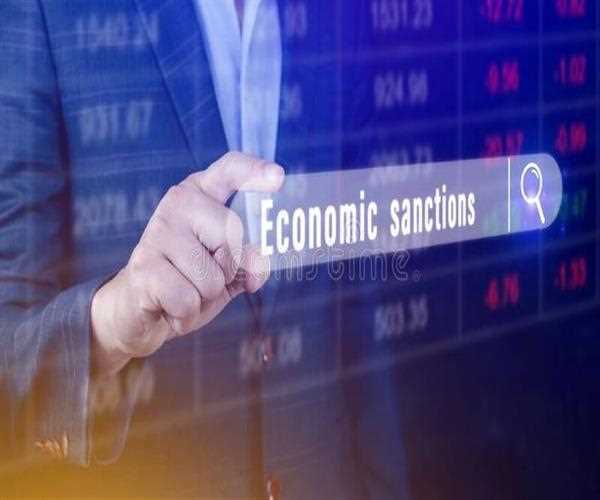Overview
Sanctions have been defined as the use of major punitive measures involving prohibition of trade and or restrictions on commercial relations, with one state by one state or a coalition of states. These penalties are normally intended to alter the political or military conduct of the concerned government. Despite the fact that sanctions are expected to put pressure on the government to abide by the international laws, the end result is that most sanctions will affect the whole economy of a nation including business organizations, the financial market and the people.

Economic Impact: Sanctions in most cases impose restriction on import and exports constraining the liberty of the targeted country to engage in international markets. For example, imposition of bans on the sale of oil and or natural gas can greatly limit a country’s income as currently experienced by Iran or Russia among others. In addition, competent importation of critical items such as technology, equipment or raw materials is strongly discouraged and this in turn adversely affects indigenously-based production processes and creativity. Economic isolation incurred by sanctions makes production become expensive, and organizations lose their competitive ability to produce goods and services in the international markets.
Currency Devaluation and Inflation: Another destructive consequence of sanctions is the institution of a quota or the devaluation of the national currency. This makes foreign investments reduce, and the demand for the countries currency to reduce, whenever a country has been locked out of the international financial systems. This is an aspect that leads to devaluation since the measure makes imported goods costly hence increases the living standards. For example, the sanctions for example led to the Venezuela’s collapse whereby its currency was significantly devalued and later resulted to hyperinflation and a lot of pains economically.
Social Consequences: Unfortunately, as it has been noted, sanctions actually attempt to put pressure on governments, but people are feeling the brunt. Disruption of trade and finance also result to scarcity of important products such as food stuffs, medicine and power. Heathcare systems may fail due to shortage of imported medical supplies in countries such as North Korea and Cuban. This is because as unemployment escalates courtesy of shut down industries, poverty levels rise, a factor which increases social unrest.
Conclusion
Economic sanction involves the restriction and or prevention of a targeted government’s access to certain products and or services affecting its policies and or a nation’s economy at large. Sanctions while an efficient way of putting pressure on Governments are normally very destructive to the population through inflation, shortages and high poverty levels. This arises to make sanction both a tool, as well as shield in the international relation among countries.